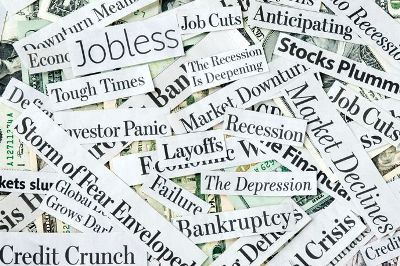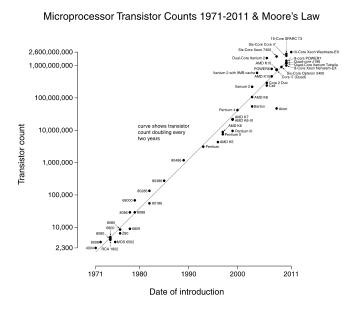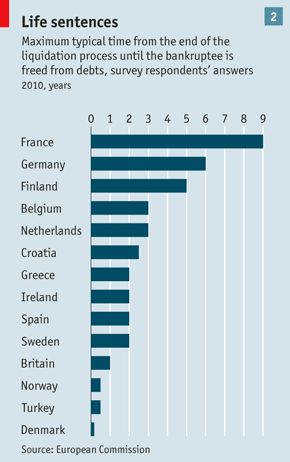In a column in the International Herald Tribune “Profits without Production“, Paul Krugman explains how the world is changing and how corporations like Apple is the highest valued company in America and employs only 0.05% of the workforce, to be compared with GM in the 1960’s – also the most valued company in America but employing 1% of the workforce and thus spreading wealth much more through society. And that it is a problem for economic growth because of less redistribution of value throughout the economy.
 Indeed as we defend in this blog, with the Fourth Revolution the value is moving from manufacturing into creativity. For Apple, manufacturing is a (low cost) commodity. The value lies in the creativity, the design and the service; in summary, in the experience. Marketing then takes care of selling us that experience at the right price – the price we are deady to pay for it.
Indeed as we defend in this blog, with the Fourth Revolution the value is moving from manufacturing into creativity. For Apple, manufacturing is a (low cost) commodity. The value lies in the creativity, the design and the service; in summary, in the experience. Marketing then takes care of selling us that experience at the right price – the price we are deady to pay for it.
Yes, we have a problem now of large corporations not reinvesting in the economy their huge profits; yes, we have a problem of the share of employee compensation shrinking compared to executives’ and shareholders compensation, thus slowing down consumption and growth. Yes, we have a problem of monopolies being created in new economic arenas that will need to be tackled.
However it serves nothing to complain that value is moving from tangible manufacturing into intangible creation. It is the sense of history. What we need to do is to find solutions so that this shift is accompanied by an appropriate balance in the distribution of value throughout society. We have not found the recipe yet but let’s continue to experiment and observe!












